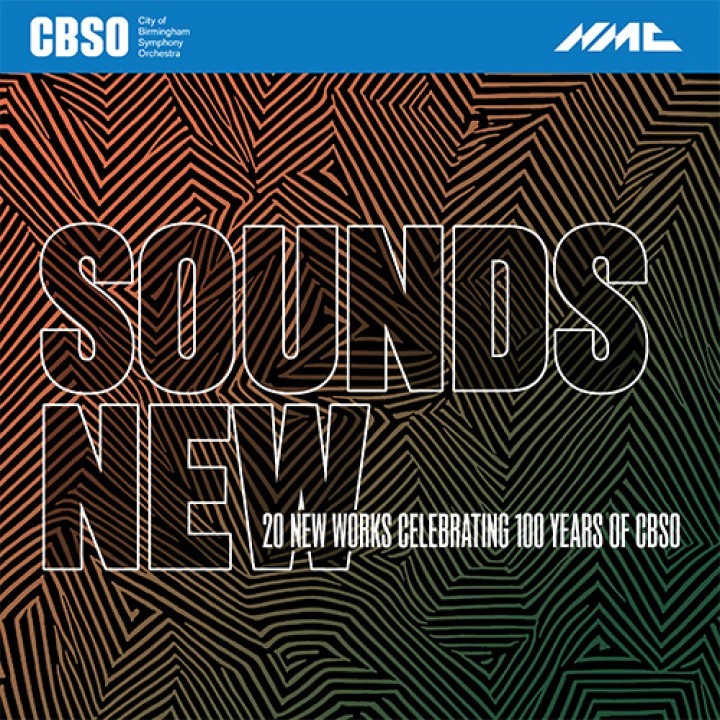Stephane Crayton

Stephane Crayton is a composer based in Cambridge, UK. His work reassesses various social dynamics of performance, staging dialogues between old traditions and new, invented traditions. He has composed for the CBSO, the Ligeti Quartet, and rites, a musical and theatrical collective he co-founded in 2016, which questions and challenges rituals and conventions of the concert hall. His most recent project, 3 Dreams, wove music for two violins with lectures and recitations of Dante.
Stephane is currently writing a PhD at King’s College, Cambridge. His research essentially deals with musical meaning, in which he focuses on conceptions of order from the Enlightenment to today. He is especially interested in the music and writings of Luciano Berio and Jean-Philippe Rameau. Stephane teaches at the Royal Academy of Music, junior department, as well as supervises for the university in Cambridge. He is the first fiddle in the Cambridge String Quartet, and, in his spare time he writes about William Hogarth, and can be found printing in the dark room.
Stephane Crayton is a composer based in Cambridge, UK. His work reassesses various social dynamics of performance, staging dialogues between old traditions and new, invented traditions. He has composed for the CBSO, the Ligeti Quartet, and rites, a musical and theatrical collective he co-founded in 2016, which questions and challenges rituals and conventions of the concert hall. His most recent project, 3 Dreams, wove music for two violins with lectures and recitations of Dante.
Stephane is currently writing a PhD at King’s College, Cambridge. His research essentially deals with musical meaning, in which he focuses on conceptions of order from the Enlightenment to today. He is especially interested in the music and writings of Luciano Berio and Jean-Philippe Rameau. Stephane teaches at the Royal Academy of Music, junior department, as well as supervises for the university in Cambridge. He is the first fiddle in the Cambridge String Quartet, and, in his spare time he writes about William Hogarth, and can be found printing in the dark room.
Compilations with this composer
CompilationsExternal Links
Music Map
Discover more about the classical music of today with NMC's Music Map, and exciting and educational online tool which enables you to see and hear the connections between composers, their teachers, pupils, influences and their works.
Music Map
